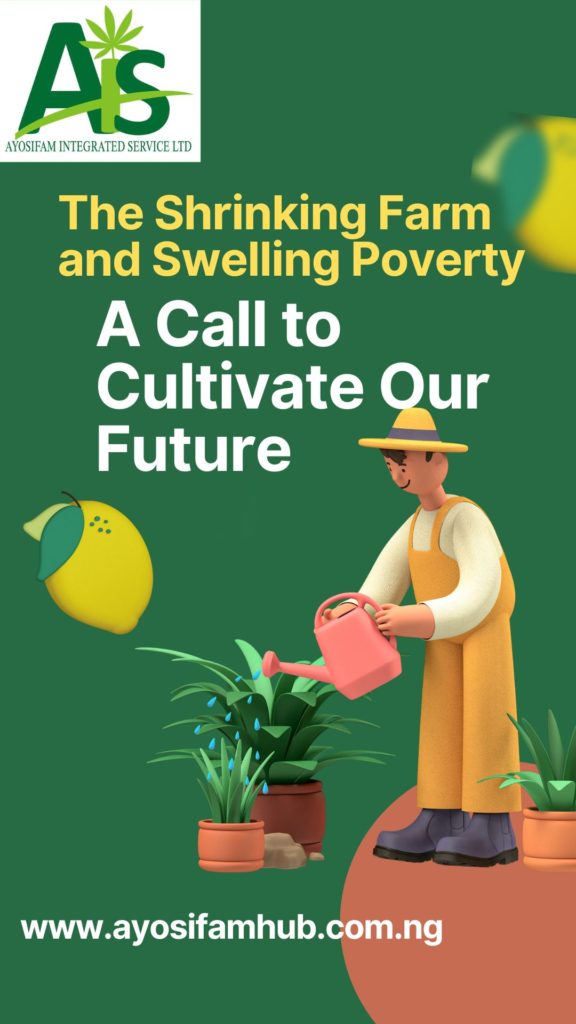The figures paint a stark picture: across the globe, the number of smallholder farmers is dwindling, and the expanse of cultivated land is shrinking. This trend, far from being a localized issue, carries significant implications for food security and poverty reduction, a reality underscored by projections from the World Bank. Their analysis suggests a sobering truth: unless we actively engage in cultivating even small plots of land, the tide of poverty may continue its relentless rise.
For many of us, the solution might be closer than we think – right outside our doors. We are currently blessed with the abundance of the wet season, a period where nature generously provides the lifeblood of agriculture: rainfall. This presents a golden opportunity to transform our yards, however modest, into productive micro-farms.
Imagine the collective impact if each household embraced the idea of cultivating even a small patch of land. Growing vegetables, herbs, or even staple crops for personal consumption can create a ripple effect of positive change.
Here’s why embracing backyard farming during this wet season is a crucial step:
Boosting Household Food Security: Fresh, nutritious food grown in our own yards directly contributes to healthier diets and reduces reliance on often volatile and expensive markets.
Supplementing Income: Surplus produce can be sold within the community, providing a vital supplementary income for families and empowering them economically.
Reducing Food Miles and Environmental Impact: Locally grown food minimizes the environmental costs associated with transportation, storage, and processing.
Fostering Community Resilience: A collective effort in small-scale farming strengthens community bonds and enhances our ability to withstand economic shocks and food shortages.
Empowering Individuals: Engaging in food production provides a sense of ownership, accomplishment, and connection to the natural world.
The World Bank’s warnings serve as a critical wake-up call. The decreasing number of smallholder farmers and cultivated land are not abstract statistics; they represent a tangible threat to livelihoods and global poverty reduction goals. However, within this challenge lies an opportunity for collective action.
Let us seize the moment presented by this wet season. Let us turn our yards into vibrant, productive spaces. By embracing the power of small-scale cultivation, we can collectively push back against the tide of poverty and cultivate a more food-secure and prosperous future for ourselves and our communities. The time to act is now; the land is waiting.




